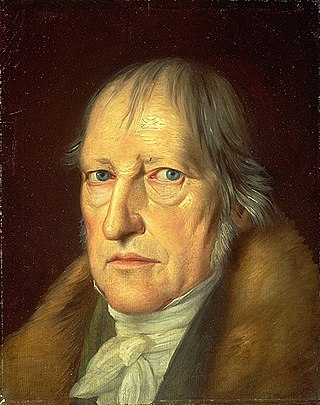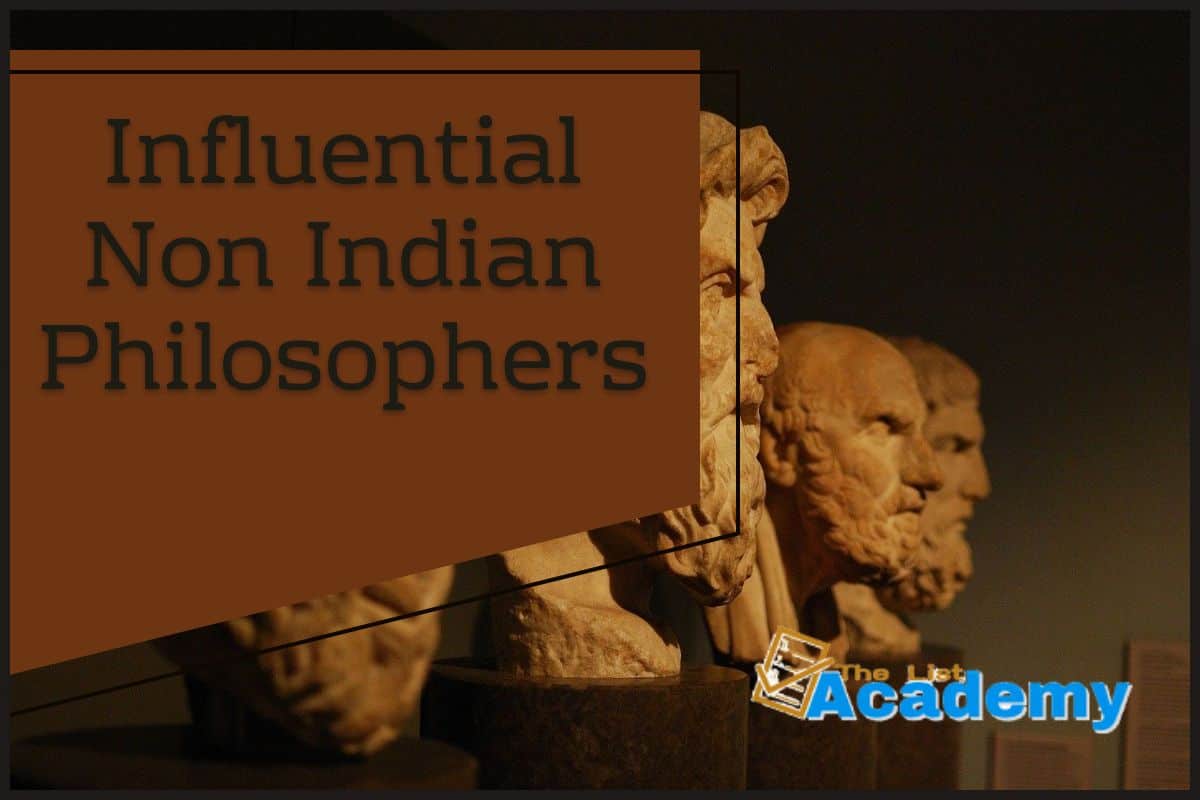
Georg Wilhelm Friedrich Hegel
Georg Wilhelm Friedrich Hegel ( 27 August 1770 – 14 November 1831) was a German philosopher and the most important figure in German idealism. He is considered one of the fundamental figures of modern Western philosophy, with his influence extending to the entire range of contemporary philosophical issues, from aesthetics to ontology to politics, both in the analytic and continental tradition.Hegel’s principal achievement was his development of a distinctive articulation of idealism, sometimes termed absolute idealism, in which the dualisms of, for instance, mind and nature and subject and object are overcome. His philosophy of spirit conceptually integrates psychology, the state, history, art, religion and philosophy. His master–slave dialectic has been influential, especially in 20th-century France. Of special importance is his concept of spirit (Geist, sometimes also translated as “mind”) as the historical manifestation of the logical concept – and the “sublation” (Aufhebung, integration without elimination or reduction) – of seemingly contradictory or opposing factors: examples include the apparent opposition between necessity and freedom and between immanence and transcendence.
Read More About Georg Wilhelm Friedrich Hegel
Lists containing Georg Wilhelm Friedrich Hegel :
84 Most Influential and Popular Philosophers

Philosophy is a beautiful art of searching for the meaning of life and understanding various elements related to human existence, purpose, and sometimes the universe itself. The term philosophy was coined by Pythagoras in c. 570 – 495 BCE and since then many great philosophers took birth in various parts of the world especially in…
